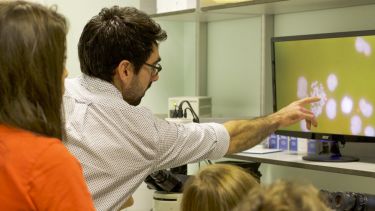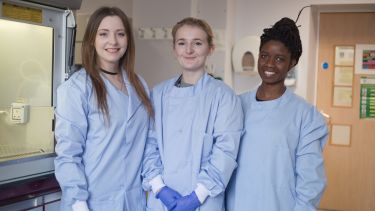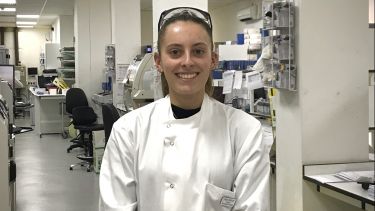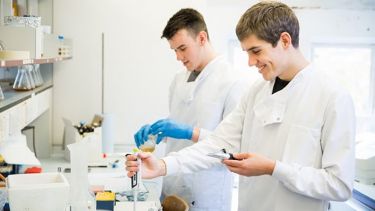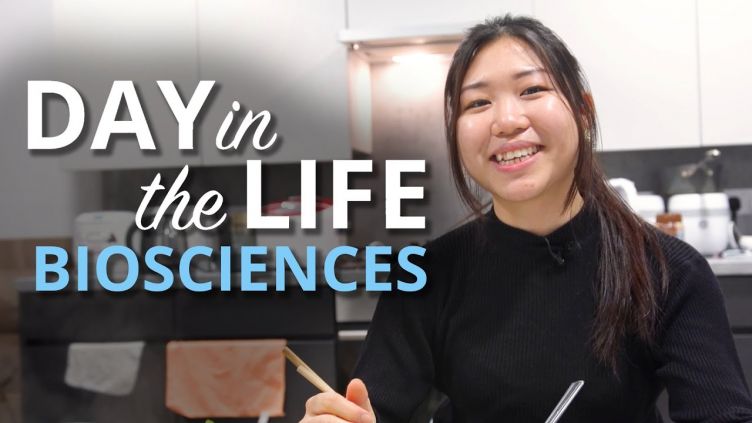Undergraduate study
Our courses span the full breadth of biology. We train students to solve some of the world's biggest challenges, from cancer, antimicrobial resistance and healthy ageing, to climate change and saving the planet’s biodiversity.
Study with us
Go beyond your degree
Careers and teaching
A day in the life of a Biosciences student
Join Jane, a third year Biomedical Science student as she takes us through a typical day of lectures and labs before winding down over dinner with friends.
Find out more about our courses
